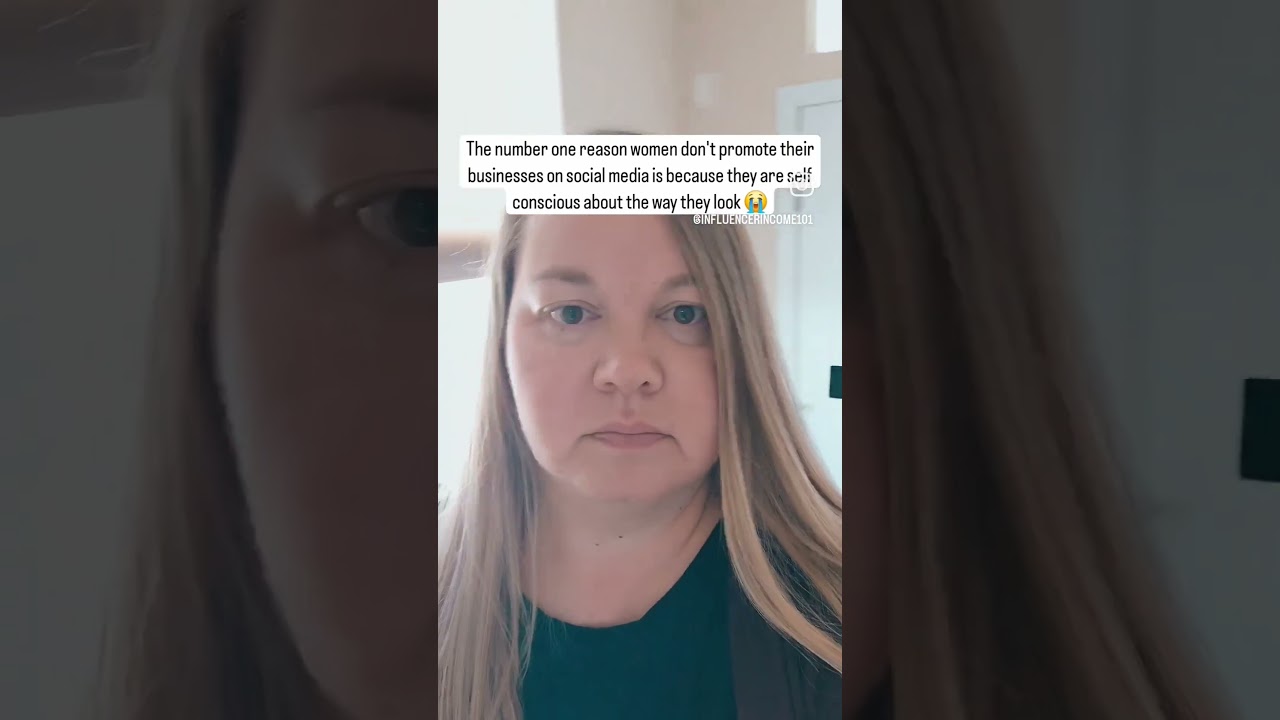Welcome to our blog post discussing an intriguing phenomenon – why women tend to live longer than men. In this short but impactful read, we’ll explore the various factors that contribute to this disparity in life expectancy between genders. From biological advantages to lifestyle choices and even societal influences, we delve into the reasons behind this fascinating trend. So grab a cup of tea and prepare to uncover the secrets behind women’s longer lives! #shorts #stunt #dontdothis
Why Women Live Longer: The Astonishing Truth Revealed!
Introduction
Have you ever wondered why women live longer than men? It’s a topic that has puzzled scientists and intrigued sociologists for centuries. While there may not be a definitive answer, there are several factors that contribute to this remarkable phenomenon. In this article, we will explore the fascinating reasons behind the longevity of women and delve into the societal, biological, and lifestyle aspects that play a crucial role.
The Biological Advantage
- Hormonal Differences: One of the primary reasons why women tend to outlive men is their unique hormonal makeup. Estrogen, commonly associated with female reproductive functions, provides a protective effect on the cardiovascular system, reducing the risk of heart disease.
- Genetic Factors: Women have two X chromosomes, whereas men have one X and one Y chromosome. This genetic advantage provides an extra backup copy of essential genes, offering a greater defense against genetic disorders and mutations.
The Societal and Lifestyle Factors
- Risk-Taking Behaviors: Men are often stereotypically seen as more prone to engaging in risky activities, such as extreme sports or dangerous stunts. Women, on the other hand, are generally more cautious and inclined to avoid such perilous endeavors, reducing their exposure to life-threatening situations.
- Healthcare Seeking Behavior: Research suggests that women tend to prioritize their health and seek medical attention more frequently than men. This proactive approach enables early detection and treatment of health issues, leading to better outcomes and increased life expectancy.
The Behavioral and Psychological Aspects
- Emotional Expression: Women are generally more open and expressive about their emotions, which can have a positive impact on their mental well-being. The ability to share their feelings and seek support from others can help alleviate stress and improve overall health.
- Social Connections: Women tend to prioritize and nurture their social relationships, creating strong support systems. Studies have shown that having a strong social network is associated with improved health outcomes and increased longevity.
FAQs (Frequently Asked Questions)
-
Q: Are women genetically predisposed to live longer?
A: While genetics play a role, various other factors contribute to women’s longevity, including hormonal differences, lifestyle choices, and societal influences. -
Q: Does the risk-taking behavior of men contribute to their shorter lifespan?
A: Yes, engaging in risky activities can increase the chances of accidents and injuries, impacting men’s life expectancy negatively. -
Q: Do men and women access healthcare differently?
A: Research suggests that women tend to seek medical attention more frequently, displaying a proactive approach to their health. -
Q: Can emotional expression affect overall well-being?
A: Yes, being open about emotions and seeking support can have a positive impact on mental health and overall well-being. -
Q: How do social connections contribute to women’s longer lifespan?
A: Building and maintaining social relationships can provide support, reduce stress, and improve health outcomes, contributing to a longer life.
Conclusion
While the secret behind why women live longer than men remains complex and multifaceted, it is evident that a combination of genetic, biological, societal, and lifestyle factors contribute to this fascinating phenomenon. From hormonal advantages to risk-taking behaviors and emotional well-being, each aspect plays a vital role in determining life expectancy. So, ladies, embrace your longevity with pride and continue to cherish the gift of life.











